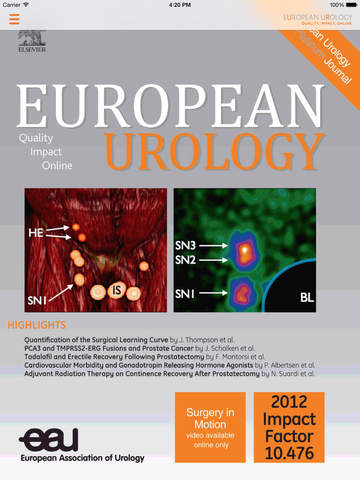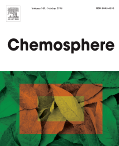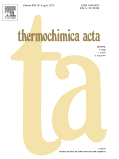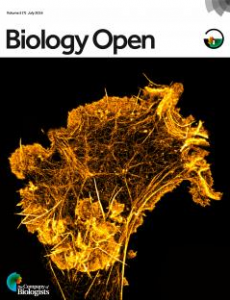 A journal has retracted the results of a clinical trial comparing strategies for bladder tumors after the authors mischaracterized the way patients were assigned to each procedure.
A journal has retracted the results of a clinical trial comparing strategies for bladder tumors after the authors mischaracterized the way patients were assigned to each procedure.
In addition, the journal European Urology has pulled a string of correspondence between author Harry Herr at Memorial Sloan Kettering Cancer Center and an outside expert, who had questioned aspects of the study totally unrelated to the methodology, such as its generalizability.
Here’s the retraction notice for ” Randomized Trial of Narrow-band Versus White-light Cystoscopy for Restaging (Second-look) Transurethral Resection of Bladder Tumors:” Continue reading Collateral damage: Paper — and editorial, and author’s response — retracted in one fell swoop


 A tribunal in the UK has
A tribunal in the UK has 




